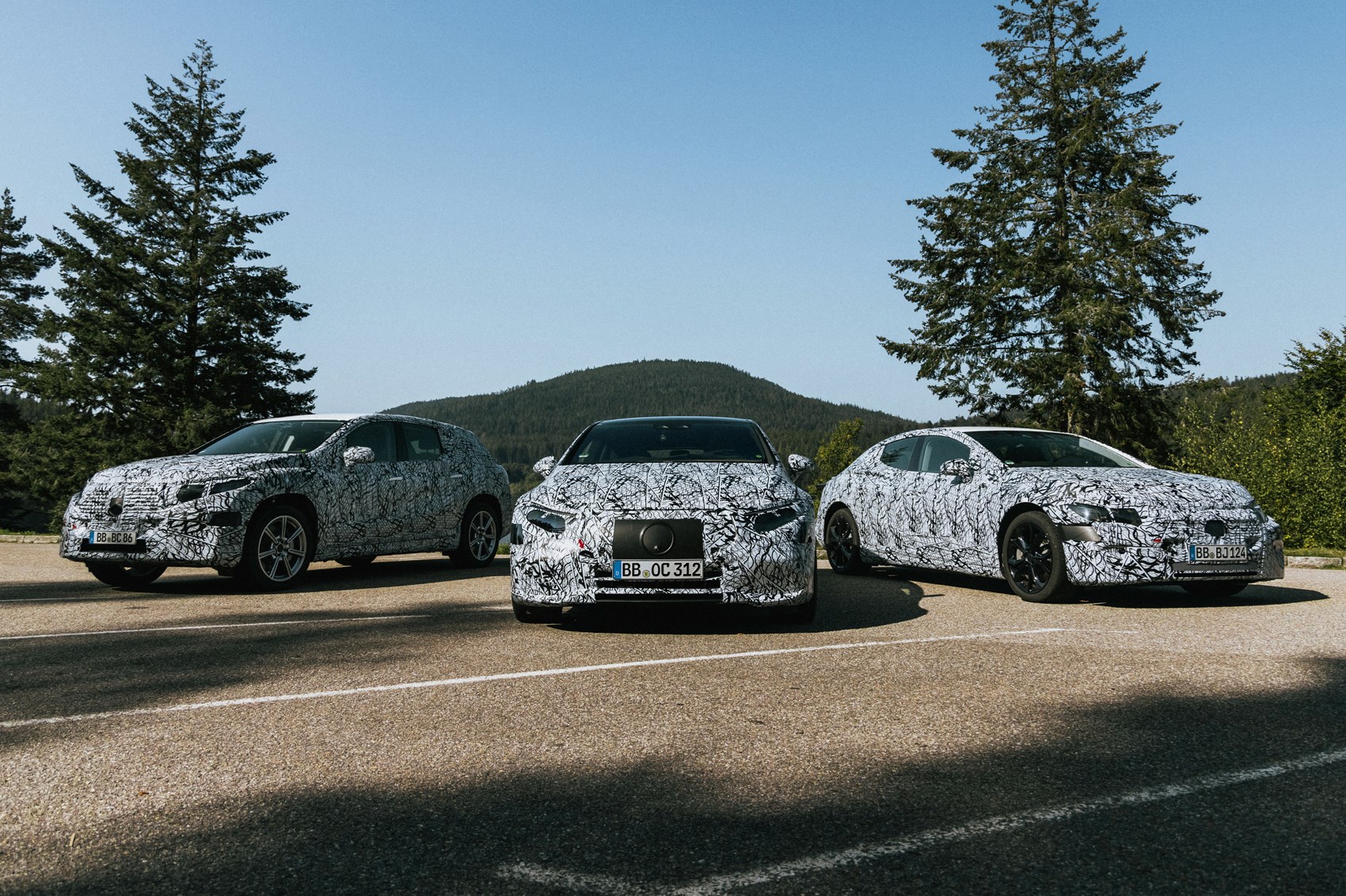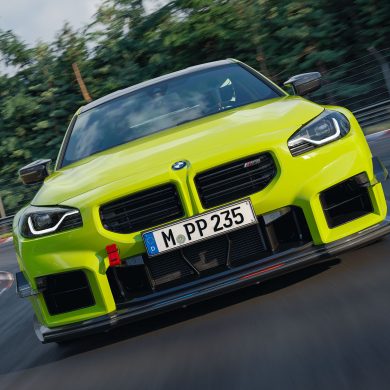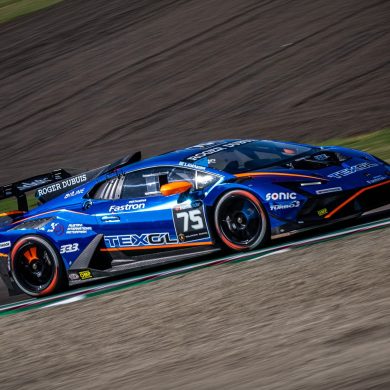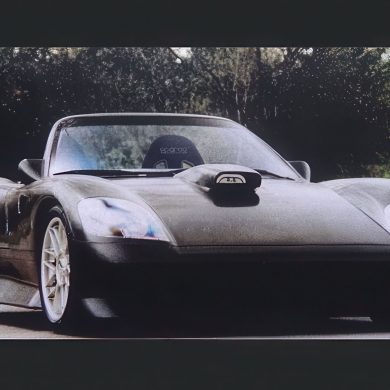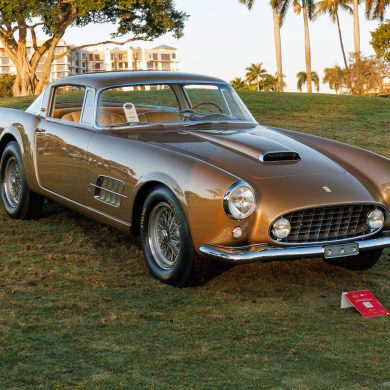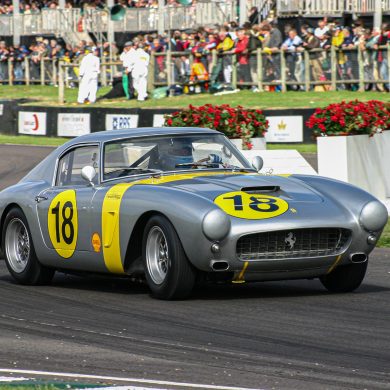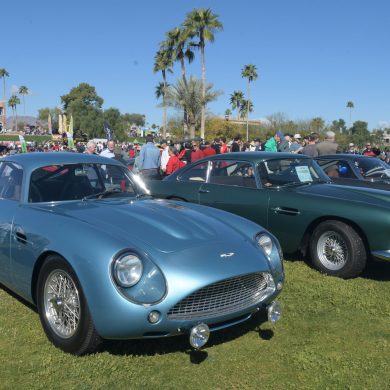By the end of the decade, if market conditions allow, Mercedes-Benz is gearing up to go all electric. The world’s premiere luxury car company will be shifting from electric-first to electric-only as they move towards an emissions-free and software-driven future.
By 2022, Mercedes-Benz is targeting that all segments they serve will have battery electric vehicles (BEV). Starting 2025, all their newly launched vehicle architectures will be electric-only. Customers will also have the option to get an all-electric version of every model that the company will be manufacturing. Mercedes-Benz plans to accomplish this accelerated transformation and still reach their profitability targets.
Daimler AG and Mercedes-Benz AG CEO Ola Källenius stated, “The EV shift is picking up speed – especially in the luxury segment, where Mercedes-Benz belongs. The tipping point is getting closer, and we will be ready as markets switch to electric-only by the end of this decade. This step marks a profound reallocation of capital. By managing this faster transformation while safeguarding our profitability targets, we will ensure the enduring success of Mercedes-Benz. Thanks to our highly qualified and motivated workforce, I am convinced that we will be successful in this exciting new era.”
To smoothen the shift, Mercedes-Benz revealed their comprehensive plan which shows the notable acceleration in R&D. Between 2022 and 2030, the total investments that Mercedes-Benz will put into battery electric vehicles will amount to more than €40 billion. Expediting and pushing the EV portfolio plan will also advance the tipping point for EV adoption.
Technology Plan
Architectures: Three electric-only architectures will be launched by 2025:
- MB.EA will be dedicated to the medium to large size passenger cars. They will establish a scalable modular system that will be the electric backbone for the upcoming EV portfolio.
- AMG.EA will take on the performance electric vehicle platform that will work on the technology and performance-oriented Mercedes-AMG clients.
- VAN.EA will be pioneering purpose made electric vans and Light Commercial Vehicles, which will contribute greatly towards an emission free cities and transportation in the future.
Vertical integration: Mercedes-Benz just reorganized its powertrain activities. They placed planning, development, purchasing, and production in just one roof. The company also plans to greatly enhance the level of vertical integration that they have in manufacturing and development, as well as insource electric drive technology. Part of the plan is the acquisition of UK based electric motor company YASA. The deal with YASA will help Mercedes-Benz to have access to the exclusive axial flux motor technology and expertise. It is what they’d need to develop the next generation ultra-high performance motors.
In-house electric motors like the eATS 2.0 are important in their strategy as they concentrate on efficiency and total cost of the whole system which also includes software and inverters. Since the world’s largest new energy vehicle (NEV) market is China, it is unsurprisingly the place where hundreds of suppliers and companies that are specializing on EV components and software technologies have set up shop. It is expected that the country will be important in the electrification strategy of Mercedes-Benz.
Batteries: Mercedes-Benz will need more than 200 Gigawatt hours battery capacity, and to do that they plan to build eight Gigafactories that would produce cells, along with their partners all over the world. This plan is on top of the network of nine plants built for the purpose of building battery systems. The new batteries will be standardized, and it can be used in more than 90% of all the Mercedes-Benz cars and vans, though it will also be flexible enough to provide individual solutions to their customers.
For cell manufacturing, Mercedes-Benz is working on new European partners to create and efficiently manufacture future cells and modules. This will help maintain in keeping Europe as the heart of the auto industry even in the new electric era. Cell production will give the company the chance to change its established powertrain production network. By constantly merging the most advanced battery cell technology in cars and vans, Mercedes-Benz is working on increasing the range of the production lifecycle of a model. For the next-gen battery, Mercedes-Benz plans to work with partners like SilaNano to further increase the energy density using silicon-carbon composite in the anode. This will further improve the range and even give shorter charging times. For solid-state technology, Mercedes-Benz is working closely with their partners to manufacture safer and higher energy density batteries.
Charging: Mercedes-Benz is currently engaged in creating a new standard in charging, “Plug & Charge”. The new technology aims to enable the customers to plug-in, charge, and unplug by removing the extra steps needed to authenticate and for payment processing. Later this year, along with the market launch of the EQS, Plug & Charge will also go live. Mercedes me Charge is currently one of the world’s largest charging networks with more than 530,000 AC and DC charging points all over the world. Mercedes-Benz is even working with Shell to further improve and expand their charging network. In Europe, China, and North America, customers will be able to get better access to Shell’s Recharge network that has more than 30,000 charges points in those markets, as well as more than 10,000 high-power chargers globally. Mercedes-Benz also plans to have several premium-charging sites in Europe, and its first-class facilities will also offer a bespoke charging experience.
VISION EQXX: Vision EQXX is currently being developed by Mercedes-Benz. It is an upcoming electric car which will have a real-world range of more than 1,000 kilometers, roughly around 621 miles. They are trying to get a single-digit figure for the Kwh per 100 kilometers, which is roughly more than 6 miles per Kwh when it is driven at normal highway driving speeds. A multi-disciplinary team which consists of experts from the F1 High Performance Powertrain division (HPP) of Mercedes-Benz is making great strides in the accomplishment of their goal. The world premier is scheduled for 2022, and all technological advances that they’ve developed with Vision EQXX will be modified, adapted, and applied for probable use in upcoming new electric architectures.
Production Plan
Mercedes-Benz is currently working on its global production network for their electric-only output, while the pace of the ramp-up will follow market demand. Even today, Mercedes-Benz already have the capability to mass produce BEVs due to their early investments in flexible manufacturing as well as the state-of-the-art MO360 production system. As early as 2022, there will be eight Mercedes-Benz electric vehicles that will be manufactured in seven locations on three different continents.
In 2022, they also plan to switch the Mercedes-Benz AG managed passenger car and battery assembly sites to carbon neutral production. To improve efficiency in manufacturing, Mercedes-Benz partnered with the German global leader in innovative battery production and automation systems, GROB, so that they can further improve battery production capacity and knowledge. The partnership concentrates on battery module assembly and pack assembly. Another strategy is to install a new battery recycling factory in Kuppenheim, Germany to improve and ensure recycling capacity and knowledge. Depending on the discussions with public authorities, the plan is to start operations in 2023.
People Plan
Mercedes-Benz is already currently transitioning from internal combustion engines to electric vehicles. In line with this, the company is working closely with employee representatives to be able to continuously transform its workforce with the use of extensive re-skilling schemes, early retirements, and buyouts.
TechAcademies will be offering and providing the employees with training to prepare them for future-oriented qualifications. Back in 2020, roughly 20,000 employees in Germany were trained regarding e-mobility. To successfully execute their plan to develop the MB.OS operating system, there will be around 3,000 new software engineering jobs that will be opened worldwide.
Financial Plan
In the fall of 2020, Mercedes-Benz outlined their margin targets, and they are still committed to said targets. The targets set last year assumed that 25% of sales will be hybrid and electric vehicles by 2025. For the current version they based it on the assumption that xEV share of 50% by 2025. They also assumed the market scenario that new car sales by the end of the decade has switched completely to fully electric.
An important strategy is to increase the net revenue per unit by increasing the proportion of high-end electric vehicles like the Mercedes-Maybach and Mercedes-AMG models, while also taking more control regarding pricing and sales. Increasing revenue from their digital services will also support results. Mercedes is also looking into minimizing or reducing variable and fixed costs as well as cutting the capex share of investments. Scalable electric architectures, common battery platforms, and innovations in battery technology will definitely help in improving standardization and thus lowering costs. They are expecting a significant drop in the proportion of battery costs in the vehicle. Their capital allocation is slowly shifting towards EV-only from the current EV-first process. From 2019 to 2026, they plan to drop their investments in combustion engines and plug-in hybrid technologies by a whopping 80%. Based on this, Mercedes-Benz forecasts company margins in a BEV market which is much like those in the ICE era.
Kallenius stated, “Our main duty in this transformation is to convince customers to make the switch with compelling products. For Mercedes-Benz, the trailblazing EQS flagship is only the beginning of this new era.”


